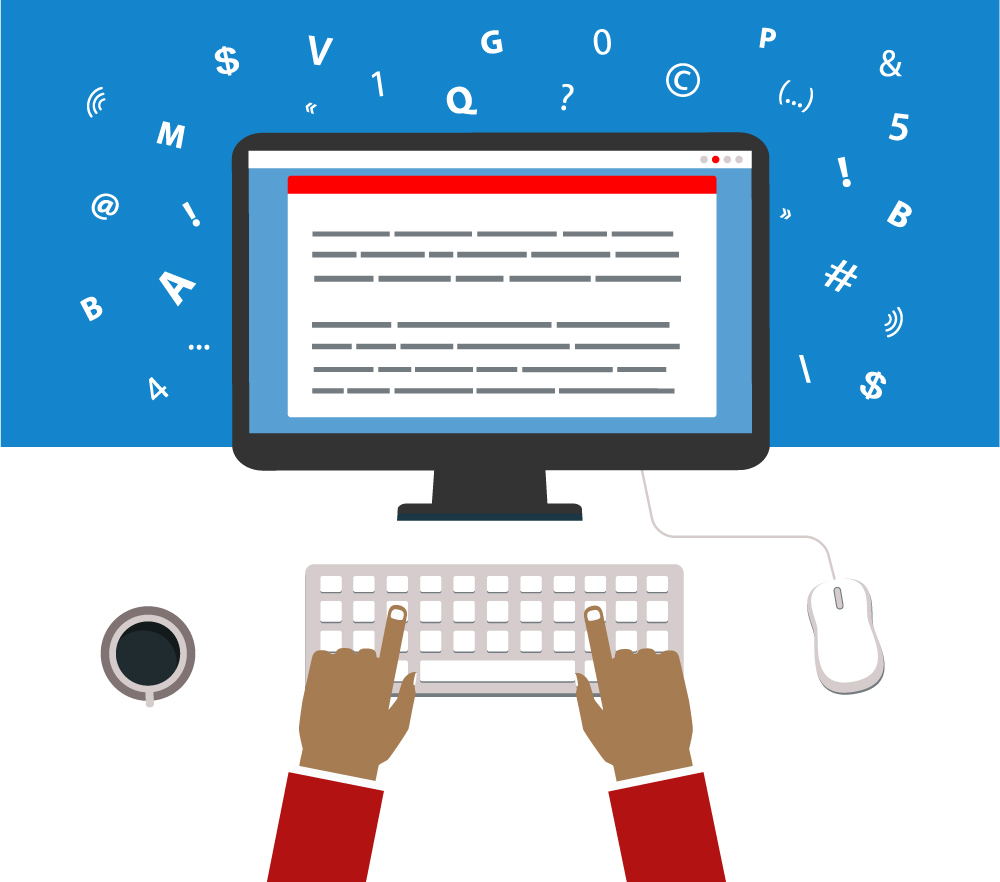
This is the first in a series of articles discussing the basic principles of plain language that I’ve found successful in my teaching. These principles may not be new to my fellow editors. Perhaps some material here will be useful in your own educational efforts.
My experience is with non-fiction, mostly technical, writing. I would love to hear in the comments how these principles might apply to fiction writing. I did find one article on plain language in speculative fiction that I thought was lovely.
Defining plain language
The definition I use in my workshops comes from PlainLanguage.gov (emphasis added):
Plain language … is communication your audience can understand the first time they read or hear it.…
Language that is plain to one set of readers may not be plain to others. Material is in plain language if your audience can:
-
- Find what they need
- Understand what they find the first time they read or hear it
- Use what they find to meet their needs
I love this definition because it focuses on the outcome instead of prescribing specific actions. (The group working on the ISO standard for plain language is working with a similar definition). This gives authors and editors flexibility in how they meet the outcome. It also recognizes the centrality of audience. It doesn’t rule anything out. If you are indeed writing something for a very narrow specialist audience (e.g., a journal article intended for other people with graduate degrees in the subject), then jargon and established genre norms are not only acceptable, they may be essential. But as your audience broadens, the effort required to make your document more easily digestible increases.
Helping readers understand
The reality is that you can’t force anyone to read your document. So if you care about actually communicating something, then it is incumbent upon you, the writer, to make the document easy to read. Plain language is about shifting the hard work from the shoulders of your hapless readers to yours, where it belongs. You are the subject-matter expert. You know what it is you want to say. Don’t make your readers try to guess.
Yes, it takes more effort to produce a plain language document. But with practice and planning (the topic of a later article), it doesn’t have to take much more time. And any additional time you invest usually pays off in the long run by staving off customer support calls and lengthy explanatory email exchanges.
Balancing accuracy with precision
But just as important as what plain language is is what it is not. If there’s one phrase I hate, it’s “dumbing down.” It degrades your readers. They are not dumb; they’re just busy. And you making efforts to meet them where they are should be an act of kindness, not condescension. Some people complain that plain language is imprecise. This isn’t necessarily true. You must simply balance accuracy with precision. I think of plain language writing as an act of translation. It’s true that English doesn’t have an exact equivalent to the German word schadenfreude, but that doesn’t mean you can’t convey the same meaning. It just means it will take more words.
At its core, plain language is about empathy. It’s about getting out of your own head, thinking about who you’re trying to reach and what you’re trying to say, and then making it as easy as possible for your audience to understand you.
How do you use the term “plain language”? How do you apply this principle in your work?
___
Previous post from Aaron Dalton: Zen and the Art of Editing
The Editors’ Weekly is the official blog of Editors Canada. Contact us.
Discover more from The Editors' Weekly
Subscribe to get the latest posts sent to your email.
